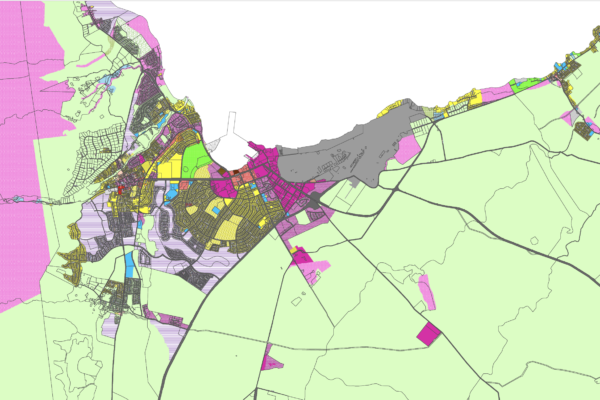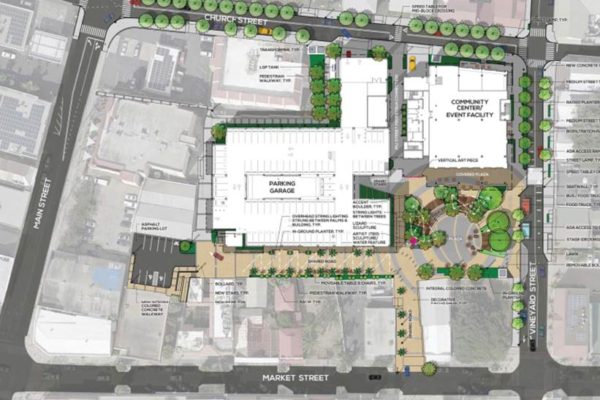Planning Director William Spence’s June 6, 2013 approval of an SMA Minor Permit for the Rock & Brews restaurant project in Paia deprived Maui’s citizens of their public participation rights – including prior written notice to landowners within 500 feet of the project; a public hearing; and the administrative due process to which they are entitled under the Coastal Zone Management Act. These fundamental rights are also mandated by the Hawaii Supreme Court.
In July Maui Tomorrow Foundation joined with others in filing an appeal of the Minor Permit before the Maui Planning Commission. We did this because the community expressed concern that the project purposely undervalued construction costs in order to avoid a public hearing.
The project’s application described “renovations and refurbishments” to an existing building (the former Jacques Restaurant) and the adjacent Mercantile building. In fact, the existing building and portions of the Mercantile building were demolished and a new, large steel structure erected. This detail is important because such demolition requires a separate permit in Maui County that is processed and issued apart from a building permit for new construction.
Paia town, including the Mercantile building, is listed on the Inventory of Historic Sites by the State Historic Preservation Division of the Department of Land and Natrual Resources. A demolition permit would have triggered the historic review process now avoided by the claim of “refurbishment and renovation” only.
The cost of demolition should have been included in the project’s valuation. By doing so, the development would have well exceeded the $500,000 limit of a Minor Permit. An SMA Major would have been issued with the public’s right to particiption quaranteed.
Members of the public have numerous concerns regarding this rock & roll themed restaurant chain coming to Paia, including questions about the project’s consistency with the Paia-Haiku Country Town Design Guidleines and the Paia-Haiku Community Plan. The Community Plan contains the following provisions: Visually maintain and enhance the low-density town character; require future development be compatible with the community’s desired scale and rural character; and maintain the ambiance of Paia and Haiku towns.
There has been no objective, rigorous accessment of the potential noise, parking, and traffic impacts from the project. Had an SMA Major Permit been required, the Maui Planning Commission would have had the benefit of public testimony; project impacts would have been evaluated; and mitigation measures to address those impacts considered. The end result of such thoughtful deliberation would have led to a better end result instead of a community frustrated by a subverted process.
Five months have passed since Maui Tomorrow and other Appelants filed the appeal. It is now November and we’ve yet to receive a date on the Planning Commission’s calendar for our appeal to be heard. In the meantime the building is being constructed. One has to question, once again, why the Director of Planning has allowed a controversial project to circumvent the legal process that evaluates and mitigates community concerns, leading to legal actions as the community’s only recourse?
Irene Bowie
Executive Director
Maui Tomorrow Foundation, Inc.



